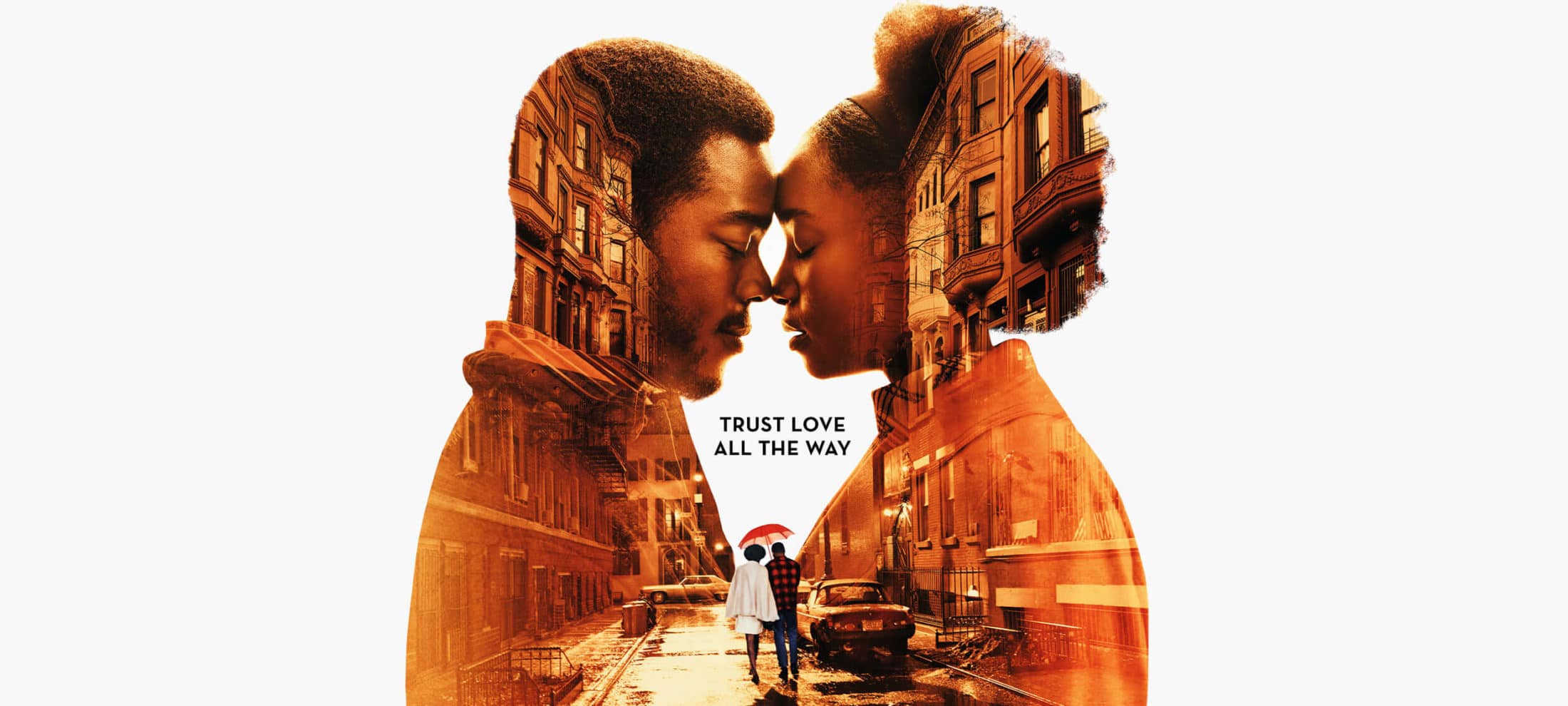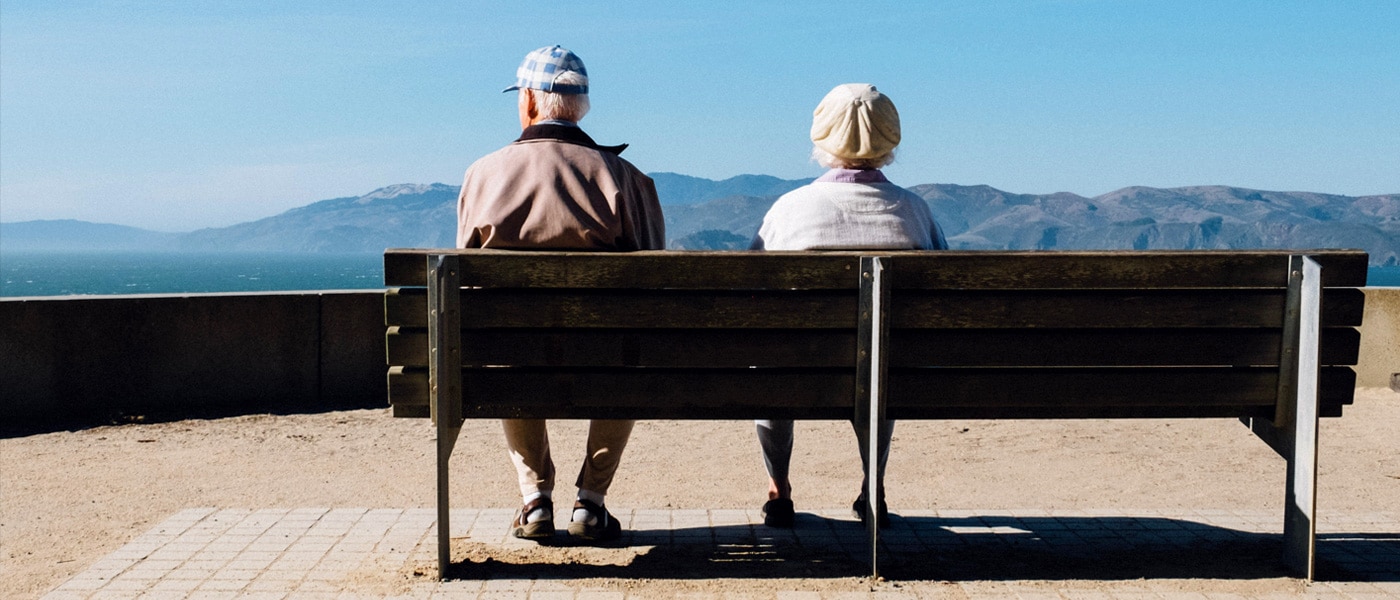
We can help older Australians by asking them for help
Opinion + AnalysisRelationships
BY Emma Wilkins 26 AUG 2022
Older people are often undervalued and overlooked in our society – to their detriment, and ours.
A stranger knocked on our door the other day. She was promoting a service for older people who live alone. To counter the risk of an accident or sudden illness going unnoticed, a person could sign up to have a Red Cross volunteer call them every day.
It was heart-warming and heart-breaking; wonderful that an organisation was intervening to address the frightening risk of solitary suffering, terrible that the risk was so pervasive that it warranted an organisation intervening.
I was reminded of an initiative based in Africa that I’d heard about on Maya Shanka’s podcast A Slight Change of Plans, one that wasn’t designed to help older people, but to enlist their help.
The Friendship Bench was started in Zimbabwe by psychiatrist Dr Dixon Chibanda. Its goal was to alleviate pressure on the country’s health system by training ‘grandmothers’ (respected older women in the community) to meet people with common mild-to-moderate mental health disorders at a park bench, let them talk through their problems, and help them choose just one to try and solve.
Prospective volunteers, not to mention many of Chibanda’s peers, were sceptical at first, but he didn’t just train the grandmothers—he let them train him.
As a psychiatrist, Chibanda was schooled to avoid telling his own story or being vulnerable; his volunteers taught him the key to connecting with a person and building trust was a willingness to bend this rule.
They also told him that calling the park benches where the therapy took place ‘mental health benches’ as he’d planned would create such a stigma that no one would show up. Taking their advice, he renamed them ‘friendship benches’.
Randomised control trials have since shown therapy from trained community grandmothers to be remarkably effective. Better still, the volunteers benefit richly, gaining “a profound sense of purpose and a sense of belonging” from the work. “It’s a win/win,” Chibanda told Shanka. The “grandmothers” are helping people, “but it’s helping them too”.
Chibanda says one of the things he’s learned from the Friendship Bench is just how important connection is. The therapy doesn’t really start, he says, until the moment people connect.
The scheme has since been rolled out elsewhere; Chibanda says he’d like to see friendship benches all over the world. But I suspect the barriers in places like Australia would be even greater than those faced in Africa; not because of stigma surrounding mental health, but because of stigma surrounding “the elderly”.
Chibanda says his volunteers were considered custodians of local wisdom and culture. But in more individualistic, materialistic cultures, there’s a tendency to depict older people as burdensome instead.
From useless to used
Sarah Holland-Batt’s 2020 essay Magical Thinking and the Aged-care Crisis explores this tendency. She discusses inheritance impatience, elder abuse and mandated euthanasia in dystopian fiction, then declares: “the apocalypse has already arrived for Australia’s elderly”.
“We treat older people as a separate and subhuman class, frequently viewing them as a burden on their families, the community and the state,” she writes.
Immanuel Kant argued against treating people as mere resources, but according to Holland-Batt, our aged-care industry does precisely this; it mines people for profit. If Scottish philosopher Alasdair MacIntyre was right when he said the way we treat “the very young and the very old, the sick, the injured, and the otherwise disabled” is an important indicator of a community’s flourishing, ours is falling short.
I think of the way I’ve heard Indigenous people speak about their elders—with reverence and respect; of the biblical command to honour one’s parents; of the proverb that describes grey hair as a ‘crown of glory’.
When did assuming people have nothing more to offer once they’re ‘old’ become acceptable? When did we stop treasuring the kind of wisdom that builds with experience? And how dearly has it cost us?
A closer relationship, a broader perspective
What I loved most about the Friendship Bench was the image it evoked of people from different generations sitting side by side. I loved the underlying assumption that the elderly among us still have much to offer: an offering so unique they were the key to the initiative’s success. I also loved the idea the therapy took place not under fluorescent light, but shining sun.
The fact the volunteers benefited just as much as those they were there to help did not surprise me. Who doesn’t want to put the lessons learnt over the years to use? To see somebody suffering, and help? Not all, I grant, but many—maybe most.
If only Australia’s discussions about aged care were less reactive and more proactive. If only there were less talk of problems and more of potential.
Yes, as we grow old, we grow more dependent and less capable; we cannot deny the reality of declining physical and sometimes mental functioning. But our bodies will impose enough limits without generalised assumptions based on age imposing more. I know of people in their nineties who still work as volunteers. We’re all unique; our ageing and its timing will be too. And even when age does stop us from helping, makes us start depending more, it cannot take our value, our worthiness of care, respect, and love.
The biggest game-changer I can imagine when it comes to the way our society views and treats its older members, is a rise in intergenerational connection—better still, friendship.
In some respects, our society is more connected than ever before, but not in the ways that count the most. If we want to tackle loneliness, depression and despair, this must change. We not only have to change the way we act, we must change the way we think. ‘The elderly’ need us, and we need them.
Examine what it means to age and grow older, and how this impacts all our lives. Join us for The Ethics of Being Old on Thur 24 Oct 2024 at 6:30pm. Tickets available here.
Ethics in your inbox.
Get the latest inspiration, intelligence, events & more.
By signing up you agree to our privacy policy
You might be interested in…
Opinion + Analysis
Relationships, Science + Technology
Big tech’s Trojan Horse to win your trust
Opinion + Analysis
Politics + Human Rights, Relationships, Society + Culture
Film Review: If Beale Street Could Talk
Opinion + Analysis
Business + Leadership, Health + Wellbeing, Relationships
Office flings and firings
Opinion + Analysis
Health + Wellbeing, Politics + Human Rights, Relationships




